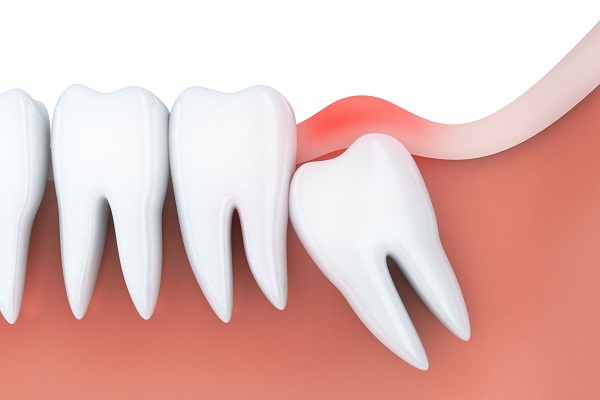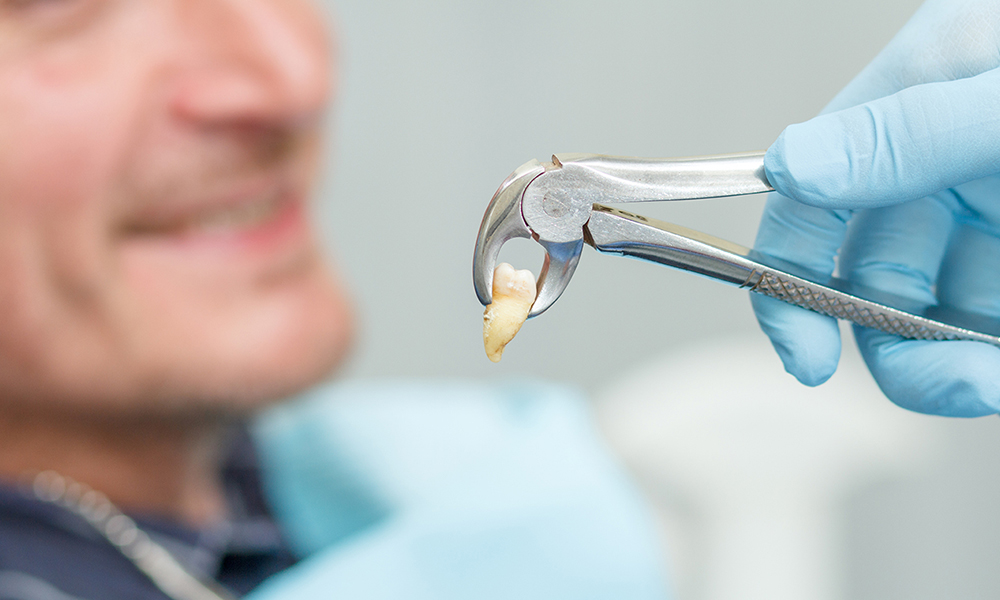The removal of wisdom teeth is a routine dental procedure, especially in young adults and it plays an important part in the upkeep of oral health. However, knowing what will happen before surgery in Lincoln NE, and after the procedure can alleviate any uneasiness as well as prepare you for a successful recovery. In this article, we will answer everything about wisdom teeth removal – the surgery process (removal technique), recovery tips as well as how you can better cope with post-extraction pain as advised by a dental practice in Lincoln, NE.
What Are Wisdom Teeth?
Wisdom teeth, also known as third molars are the rearmost set of molars found at the back of your mouth. They usually first appear in late adolescence or early adulthood. Modern jaws often do not have enough room to hold the 32 most athletes issue third molars, as a result of evolutionary changes that these teeth are impacted (blocked in the jawbone or gums), infected, and crowded by another neighboring tooth.
Reasons Behind Wisdom Teeth Extraction
1. Impaction:
When wisdom teeth don’t have enough room in the jaw to erupt correctly, they may become impacted. Teeth that are partially or completely lodged beneath the gum line can result in discomfort, edema, and even harm to other teeth.
2. Infection:
Wisdom teeth that have partially erupted might leave spaces where bacteria can grow and cause infections and gum disease.
3. Overcrowding:
Wisdom teeth may be a factor in overcrowding, which can impede orthodontic procedures and alter the position of other teeth.
4. Damage to Adjacent Teeth:
An impacted wisdom tooth can crowd your existing teeth and cause immense damage or even lead to the movement of a neighboring tooth.
Before the Tooth Removal

- Consultation & Evaluation: You will have a presurgical consultation with either your dentist or an oral surgeon before the extraction. The dentist will provide a detailed assessment including X-rays to check the positioning of your wisdom teeth and decide what must be done.
- Talk about Anesthesia alternatives: Talk to your dentist about your alternatives for anesthesia during your consultation. Depending on how difficult the extraction is and how comfortable you are, the wisdom teeth extraction procedure may be done under local anesthetic, sedation, or general anesthesia.
- Pre-operation Instructions: Pay attention to whatever instructions your dentist gives you before the operation. If you’re going to be under general anesthesia or sedation, this can include fasting.
The Extraction Procedure
During the procedure, you will be given anesthesia to keep you comfortable and pain-free during removal. Local anesthetic in your gum numbs the area around the wisdom teeth, while sedation or general anesthesia makes you relaxed and either asleep or unaware of what is happening. For wisdom teeth that are impacted, your dentist or oral surgeon will cut away gum tissue to access the tooth. If need be, bone may also have to come out or the tooth may need to be sectioned into pieces for effortless removal. It is usually easier for fully erupted teeth. When the tooth is removed, the hole where it once resided is then thoroughly cleaned and sutures are used for closure if required. Afterward, follow the aftercare instructions provided by your dentist.
The removal of wisdom teeth can provide relief from incipient complications such as impaction, infection, and overcrowding. By knowing what to expect before, during, and after the procedure Lincoln NE residents will be more prepared for their extraction and can work easily all through the recovery. Provided you follow all the steps for recovery that are given to you, and stay in touch with your dental care provider as they recommend it is not hard at all how to get rid of dentures. If you have any questions or concerns regarding wisdom teeth removal, make an appointment with a dentist in your area so that they can give practical advice and treatment.


